As grocery price inflation remains double-digit and the squeeze on shoppers wallets continues, it’s unsurprising that trust in supermarkets has plummeted.
According to Which?, trust levels dropped in May to the lowest level since November 2014.
While some blame rising food prices and the cost-of-living crisis, others think this has been a long time coming.
We take a look into what has caused the breakdown in trust, if it can be salvaged, and how this could impact the rest of the food sector.
What’s happened to consumer trust?
In June, grocery price inflation fell to the lowest level since 2022, according to Kantar.
While head of retail and consumer insight, Fraser McKevitt says this “will be a relief to shoppers and retailers,” at 16.5%, inflation is still having a significant impact on shoppers.
In fact, nearly 70% of households remain ‘extremely’ or ‘very worried’ about food or drink inflation.
GlobalData lead retail analyst Nick Gladding says: “People are understandably alarmed by the squeeze on their living standards from the surge in inflation and the higher prices for food are a very visible factor.
“After a lengthy period of minimal inflation or even falling food prices it is a shock to see them rise so quickly.”

IGD global insight leader Bryan Roberts also points out that “the narrative around the grocery retail sector has seen a massive swing since 2020”.
“The pandemic saw supermarkets become heroic key workers striving in the face of adversity to feed the nation.
“In 2023, the surge in inflation – which is largely outside of the supermarkets’ control – has seen some commentators change the narrative to one of greedflation and profiteering.”
However, while consumer expert Peter Cross, former customer experience director at John Lewis, says that “value is driven right up the list of priorities”.
“People have become loyal to discounts, rather than to brands and many question that if discounters can deliver these low prices, then what’s stopping the more traditional grocers?” he asks.
Are convenience stores to blame?
Which? director of policy and advocacy Rocio Concha points out that the breakdown in trust comes as shoppers feel “ripped off” by elevated convenience store prices.
The watchdog found earlier this year that shopping in c-stores rather than larger supermarkets could cost shoppers up to £800 more each year.
Cross agrees that consumers could feel as though they have “been taken advantage of” as the pricing strategy of many supermarkets is typically different in their convenience formats.
While Which? found that 67% of consumers feel supermarket-branded convenience store prices are too high, it also discovered that many stores don’t offer budget grocery ranges.
This comes despite the fact that 51% of those who rely on convenience store for shops at least once a week are struggling financially with the cost-of-living crisis.
Tesco CEO Ken Murphy tells Grocery Gazette that its convenience stores are “based on the needs of the local community and the demand from customers in the locality”.
“A convenience store is a fraction of the size of a large store where we can put a full offer in from our entry Exclusively at Tesco ranges all the way through to our premium ranges.
“But clearly in the convenience store we have to be more limited in our offer just by constraints and space.”
Can supermarkets re-build trust ?
British Retail Consortium director of food and sustainability Andrew Opie says while shoppers will have concerns over high food prices, “food retailers are still managing to deliver some of the cheapest groceries in Europe”.
Roberts agrees that supermakets are “striving to make the weekly shop as affordable as possible”.
“The UK sector is one of the most competitive on earth, some decline in shopper trust might be led by the prevailing commentary rather than reality.
“Retailers have a fiduciary duty to maximise returns for shareholders or owners, rather than operating as the commerical arm of the welfare state.”
However, Cross argues that it would be “lazy” for supermarkets to say that they’ve done all they can.
“The solution to all of this is to understand that the consumer doesn’t see value for money through a single lens.
“They see value for money as the total experience you offer. From the convenience, the price, the delivery guy, the freshness, the environment, to the service – all of that is how they perceive value for money.”
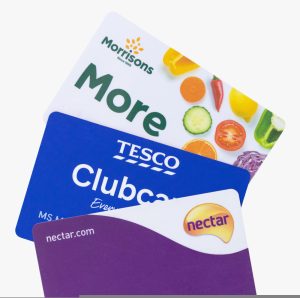
Gladding believes that one way supermarkets can boost trust levels is by improving their loyalty schemes.
In the past two months alone supermarkets have ramped up their loyalty offerings as The Co-op followed Tesco and Sainsbury’s in introducing cheaper prices exclusively its loyalty members, and Morrisons relaunched its Morrisons More scheme.
Will a lack of trust in supermarkets push shoppers to other outlets?
Cross says that while there are “big structural industry issues” which are contributing to this decline in trust, “the customer doesn’t care”.
“All the customer ultimately cares about is themselves, because they feel they have the power. They can go online or elsewhere and find they’ve got more choice,” he says.
The Federation of Small Businesses national chair Martin McTague says that “in a climate of growing consumer scepticism, independent shops have the opportunity to establish themselves as the reliable, quality-conscious option in the food marketplace”.
He adds that the “trump card” to independent retailers is “the bespoke service and community connection they foster,” a value that he says larger competitiors cannot emulate.
British Independent Retailers Association CEO Andrew Goodacre agrees that independent retailers could benefit from dwindling supermarket trust.
“Now is the time for these businesses to really connect with their customers to show the value that local shops can offer. It will hopefully lead to greater loyalty and higher sales in the long term.
“There is also an opportunity to improve the perception of the local shop – not just for convenience.”
While this diminishing consumer trust could open doors for other parts of the food industry, it’s clear there’s a disconnect between shoppers and retailers.
Cross says that what is certain is that the sector as a whole “has to bolt up and listen to these statistics”.

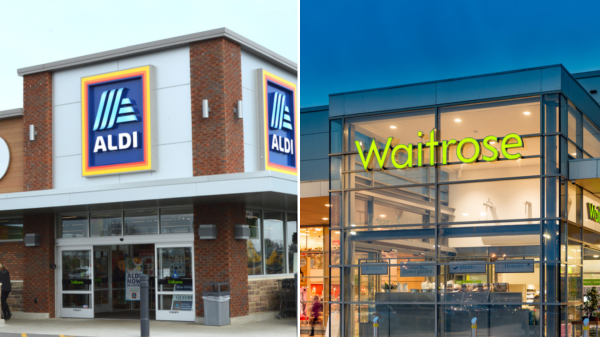
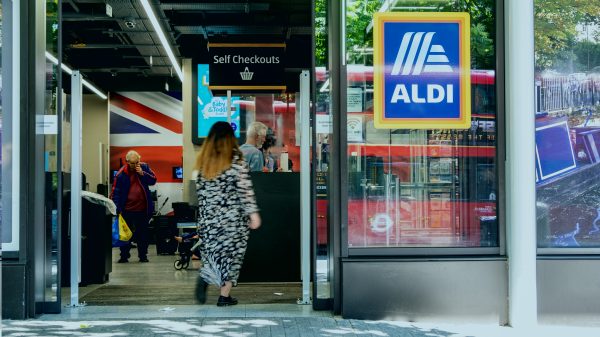


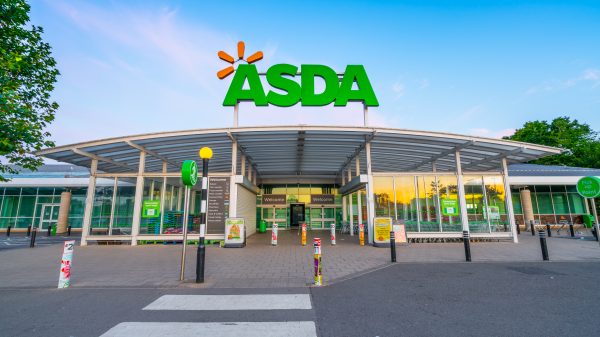
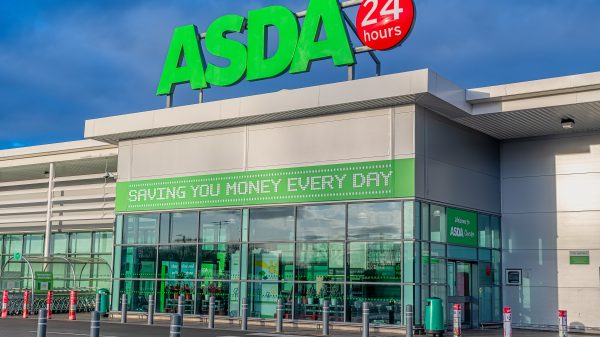
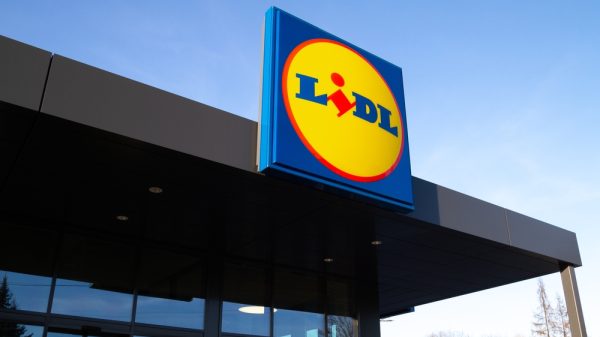
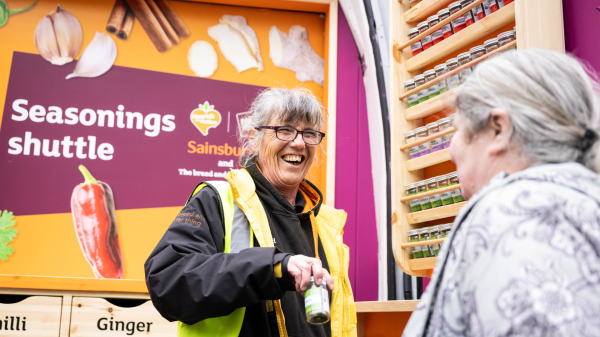
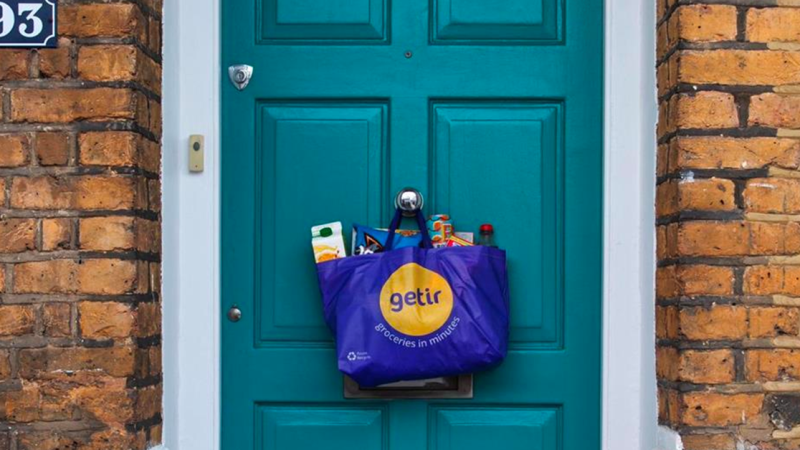
2 Comments. Leave new
My trust of Tesco has not diminished.Maybe that has something to do with that I’m a retired colleague of Tesco with a combined colleague discount card and Clubcard.
Tesco is the 1 I Trust Most of All & Morrison’s Least of All.